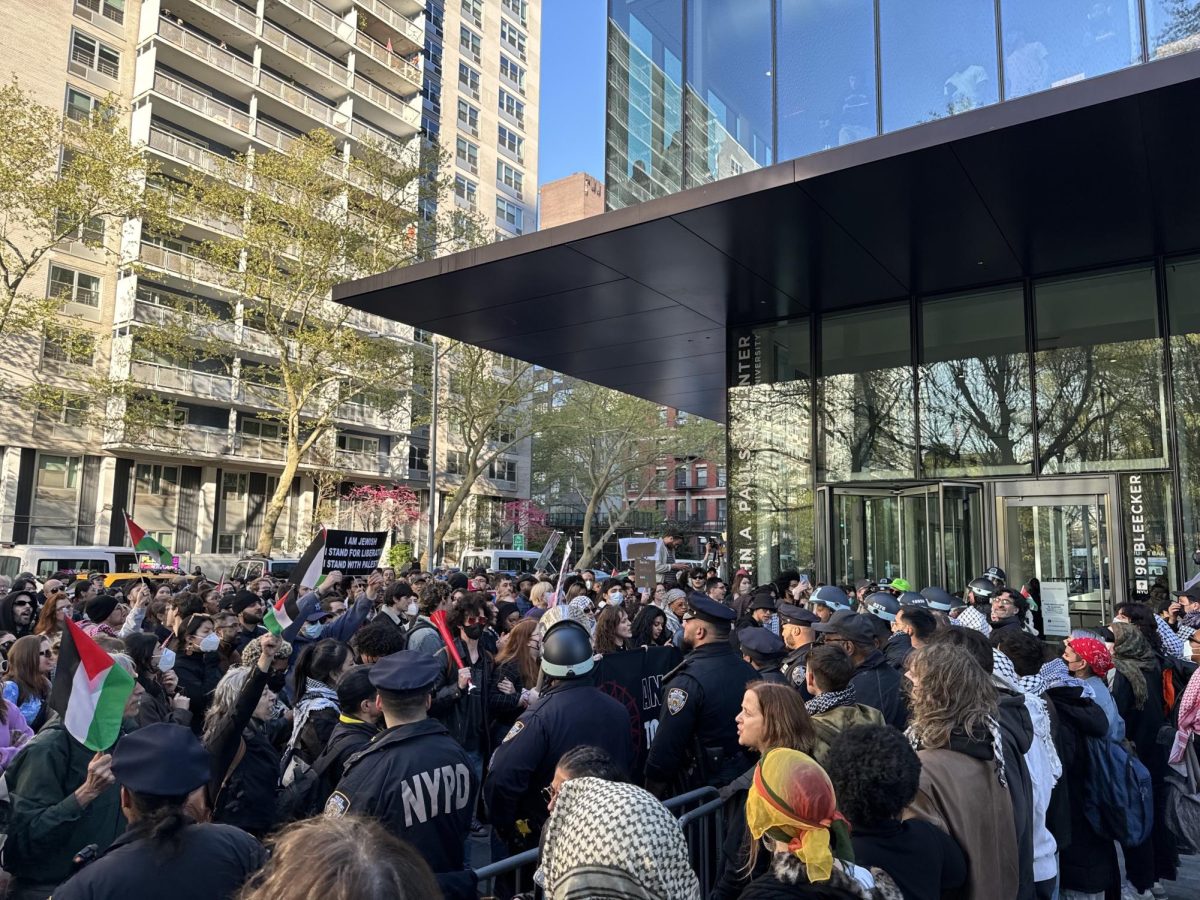Four years after the explosion on the British Petroleum-leased Deepwater Horizon oil rig caused approximately 210 million gallons of crude oil to leak into the Gulf of Mexico, BP can now resume expansion into the area affected by the accident. After the 2010 incident, the U.S. government banned BP from bidding on new leases for oil exploration. However, the company could still explore the areas it had leased prior to the disastrous spill. Following negotiations, the Environmental Protection Agency agreed on March 13 to lift the ban on BP’s expansion.
Pictures of birds and sea creatures covered in oil show the impact spills can have on the marine ecosystem. The Deepwater Horizon spill affected at least 1,000 miles of coastline, and studies continue to show its effects on an increasing number of organisms. While the scope of the impact of the 2010 spill has been estimated, only time will show the true consequences of the accident. Because the ecosystem is delicately balanced, the damage created by an explosion takes years, if not decades, to repair. The coral reefs affected hold a paramount role in maintaining the marine ecosystem by supporting an estimated 4,000 species of fish. Therefore, any reef damage also significantly affects species dependent on the reef.
Even considering variance between species and environmental factors, the growth rate of coral is predominantly slow. Because coral reefs are dependent on sunlight, reefs in shallower depths generally grow more quickly than those in deeper water. The National Oceanic and Atmospheric Administration cites an average growth rate for certain tropical corals at 0.7 to 0.9 centimeters per year in water less than 12 meters, and at 0.2 centimeters per year in water deeper than 18 meters. At these rates, reefs take years to repair any damage.
Given the serious environmental impact that oil spills — whether on land or in water — can have, there are effective safeguards companies must employ to prevent future underwater spills.
However, the Deepwater Horizon incident is not an anomaly and many accidents occur, seemingly indicating a need for more stringent safety measures. On March 30, 2013, the Pegasus Pipeline ruptured in Arkansas, leaking about 210,000 gallons of crude oil. More recently, on March 13, a train derailed in Pennsylvania, spilling up to 7,500 gallons of oil. This past weekend, another oil spill occurred near the Gulf of Mexico when a barge collided with a ship in the Houston Ship Channel. An estimated 168,000 gallons of oil leaked into the water following the collision.
By allowing companies such as BP to resume negotiations with the United States only four years after its drastic spill, the government is ignoring the environmental hazards that Coastal residents have become too familiar with. Allowing BP back into the Gulf signifies a prioritization of large industries over nature. Granted, the Deepwater Horizon accident has cost BP an estimated $7.8 billion, in addition to the money spent to contain the spill. But the money alone fails to convey the gravity of the environmental impact incurred. The lenient governmental response to the BP spill indicates to oil companies that even severe spills will have relatively small consequences, and therefore there is no need for reforming their practices to ensure the safety of wildlife.
While the oil industry undeniably plays a significant role in the U.S. economy, economic benefits should not trump years of evolution. As President Barack Obama strives to decrease the amount of oil the United States imports and raise the amount it exports, incidents on U.S. soil could increase.
The world we see today evolved over billions of years in order to reach its current state. Yet the oil industry fails to adequately respect nature and its development, focusing instead on immediate economic prosperity. Clearly, the United States has an economic interest in the oil industry. But upsetting the environmental equilibrium takes years to repair. No amount of economic benefit can mitigate the environmental harm caused by carelessness.
Dan Moritz-Rabson is a contributing columnist. Email him at [email protected].













































































































































